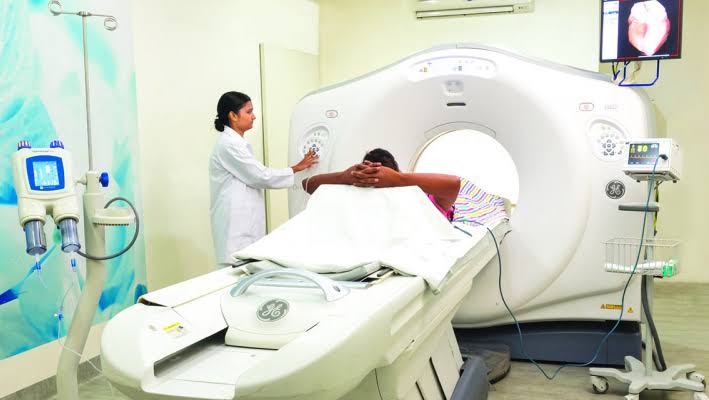
Radiology is a specialized field in medicine that involves the use of medical imaging techniques to diagnose and treat diseases. Radiologists play a crucial role in healthcare by interpreting medical images such as X-rays, CT scans, MRIs, ultrasounds, and nuclear medicine scans.
To become a radiologist, one must complete a comprehensive education and training program. Here’s a general outline of the typical steps involved:
- Obtain a Bachelor’s Degree: Before pursuing a career in radiology, you need to complete a bachelor’s degree in a relevant field such as biology, chemistry, or a pre-medical program. It’s essential to check the specific prerequisites required by the medical schools you plan to apply to.
- Medical School: After completing your bachelor’s degree, you must attend medical school, which typically takes four years. During this period, you will acquire a broad understanding of medical knowledge and clinical skills.
- Residency Program: Following medical school, aspiring radiologists must complete a residency program in diagnostic radiology. This residency typically lasts for four to five years and provides hands-on training in various aspects of radiology, including different imaging modalities, image interpretation, and patient care.
- Fellowship (Optional): Some radiologists choose to pursue additional subspecialty training through fellowship programs. Fellowships typically focus on a specific area of radiology, such as interventional radiology, neuroradiology, musculoskeletal radiology, or pediatric radiology. These programs provide advanced training in a specific subspecialty and usually last for one to two years.
- Licensure and Certification: After completing the required residency training, radiologists must obtain a medical license to practice medicine in their respective jurisdiction. Additionally, many radiologists pursue board certification through organizations such as the American Board of Radiology (ABR) or the Royal College of Radiologists (RCR). Board certification demonstrates a radiologist’s expertise and commitment to the field.

It’s important to note that the exact requirements and process may vary based on the country or region where you plan to pursue your radiology career. It is advisable to research and consult with educational institutions and medical licensing authorities in your specific area for accurate and up-to-date information.
Radiology is a rapidly advancing field, and ongoing professional development is crucial to staying abreast of the latest advancements and techniques. Radiologists often engage in continuing medical education (CME) activities, attend conferences, and participate in research to enhance their knowledge and skills throughout their careers.
Please keep in mind that the information provided here is a general overview, and it’s always recommended to consult with academic institutions or professional organizations for precise details and requirements regarding a Radiology course.

VISIT OUR OFFICE : 5TH FLOOR LE-DESIRE COMPLEX, CIRCULAR ROAD ,LALPUR, RANCHI, JHARKHAND
VISIT OUR WEBSITE FOR MORE INFOMATION HTTPS://ETERNALCAREERCLASSES.COM
FOR TEST SERISE, PREVIOUS YEAR QUESTION PAPER OF NEET AND DPP FROM ALL CHAPTERS ARE AVAILABLE ON ETERNAL RANCHI APP.DIRECT DOWNLOAD FROM QR CODE GIVEN BELOW
